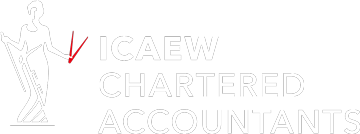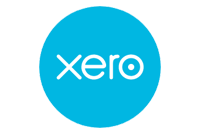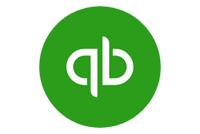Accounting for restaurants is a one of the unique fields that requires a deep understanding of the different challenges that come with running a food businesses. While there are many similarities between accounting for restaurants and other types of businesses, there are also few key differences that need to be taken into account. In this blog, we will explore some of the main differences between accounting for restaurants and other types of businesses. for restaurants and other types of businesses.
1. Food and Beverage Inventory: One of the main challenge in accounting for restaurants is managing food and beverage inventory. Restaurants must constantly maintain and monitor their inventory levels to ensure that they have enough food on hand to meet customer demand, while also avoiding waste due to spoilage. This requires a sophisticated accounting system that can track food and beverage costs, and help restaurants to make informed decisions about when to order supplies and how much to order.

2. Cost of Goods Sold (COGS): In accounting, the cost of goods sold (COGS) refers to the cost of the goods or services that a business sells. For restaurants, COGS is a critical figure that needs to be carefully monitored and managed, as it has a direct impact on the restaurant’s profitability. COGS for a restaurant will typically include the cost of food, beverages, and any other supplies that are used in the preparation of menu items.
3. Labour Costs: Labour costs are a significant expense for any business, but they are especially important for restaurants. Restaurants typically have a large number of employees, from front-of-house staff to kitchen staff, and these employees need to be paid for their time. In addition, restaurants must also consider the cost of benefits, taxes, and other expenses related to their employees. A good accounting system along with payroll system will help restaurants to track their labour costs, and make informed decisions about staffing levels and employee compensations.
4. Value Added Tax: Value added tax is a significant value for restaurants, and it can vary greatly depending on the location of the restaurant and the types of products and services that are sold. Restaurants need to have a good understanding of the VAT laws in their area, and must be able to accurately calculate and collect VAT from their customers. A good accounting system will help restaurants to keep track of their VAT obligations, and ensure that they are in compliance with HMRC.
In conclusion, accounting for restaurants is a complicated and specialized field that requires a deep understanding of the unique challenges that come with running a food business. From managing food inventory, to tracking labour costs and VAT obligations, there are many important differences between accounting for restaurants and other types of businesses. By using a sophisticated accounting system, restaurants can stay on top of their finances, and make informed decisions that will help them to achieve success. Our firm of chartered Accountants can guide you and assist you achieving your business goals and objective.












